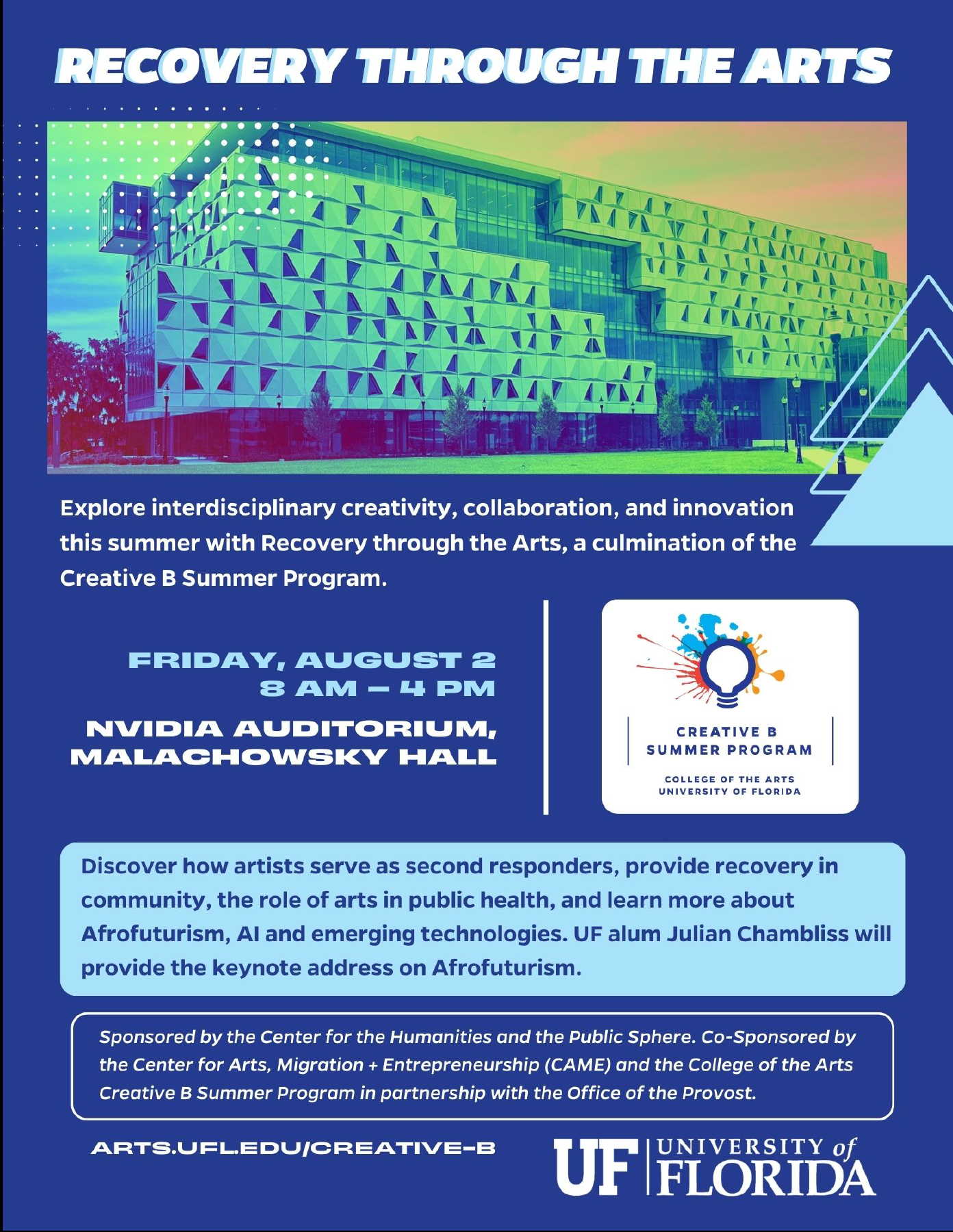
Recovery Through the Arts Keynote Address
Discover how artists serve as second responders, provide recovery in community, the role of arts in public health, and learn more about Afrofuturism, Al and emerging technologies. UF alum Julian Chambliss will provide the keynote address on Afrofuturism.
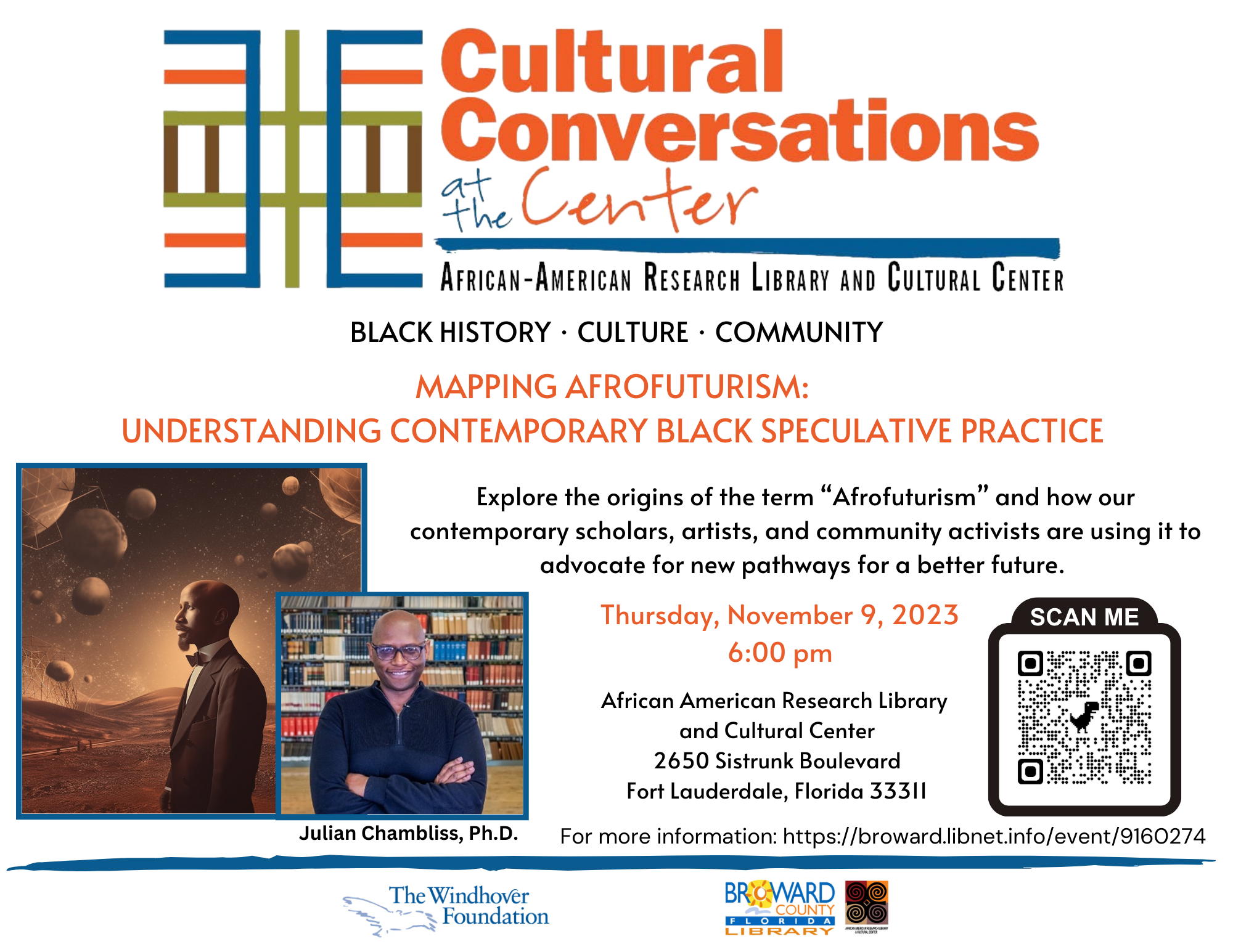
Mapping Afrofuturism: Understanding Contemporary Black Speculative Practice
In this talk, Dr. Julian Chambliss will explore the origins of the term Afrofuturism and how contemporary scholars, artists, and community activists are using it to advocate for new pathways for a better future.
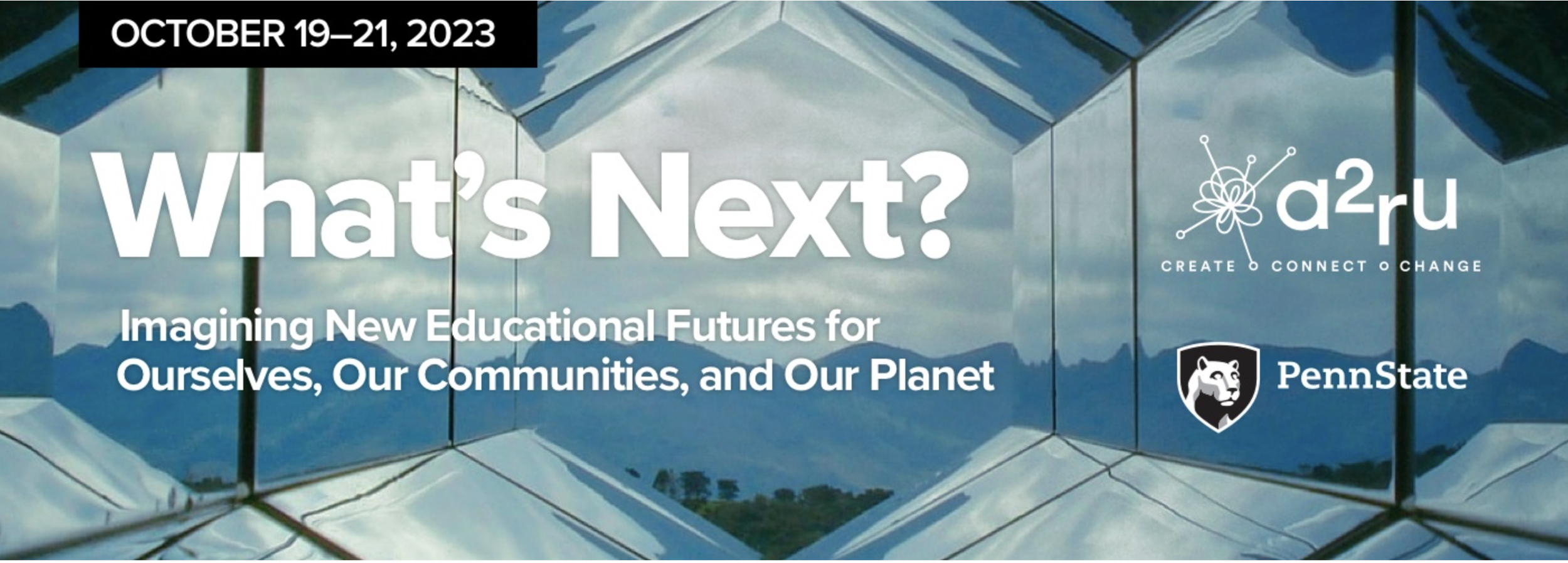
Keynote Speaker at 2023 a2ru National Conference: “What’s Next?: Imagining New Educational Futures for Ourselves, Our Communities and Our Planet”
a2ru’s next national conference will take place from October 19 – 21, 2023 at Penn State University’s University Park campus. This will be an in-person conference, and remote participation will be an option for many sessions.
The a2ru national conference is an opportunity for practitioners and researchers from across the higher education spectrum to share innovations and perspectives in the arts. a2ru advances the full range of arts- and design-integrative research, curricula, programs, and creative practice to acknowledge, articulate, and expand the vital role of higher education in our global society. a2ru’s work, in partnership with an international network of leading higher education institutions, envisions a world in which universities—students, faculty, and leaders—explore, embed, and integrate the arts in everyday practice and research.
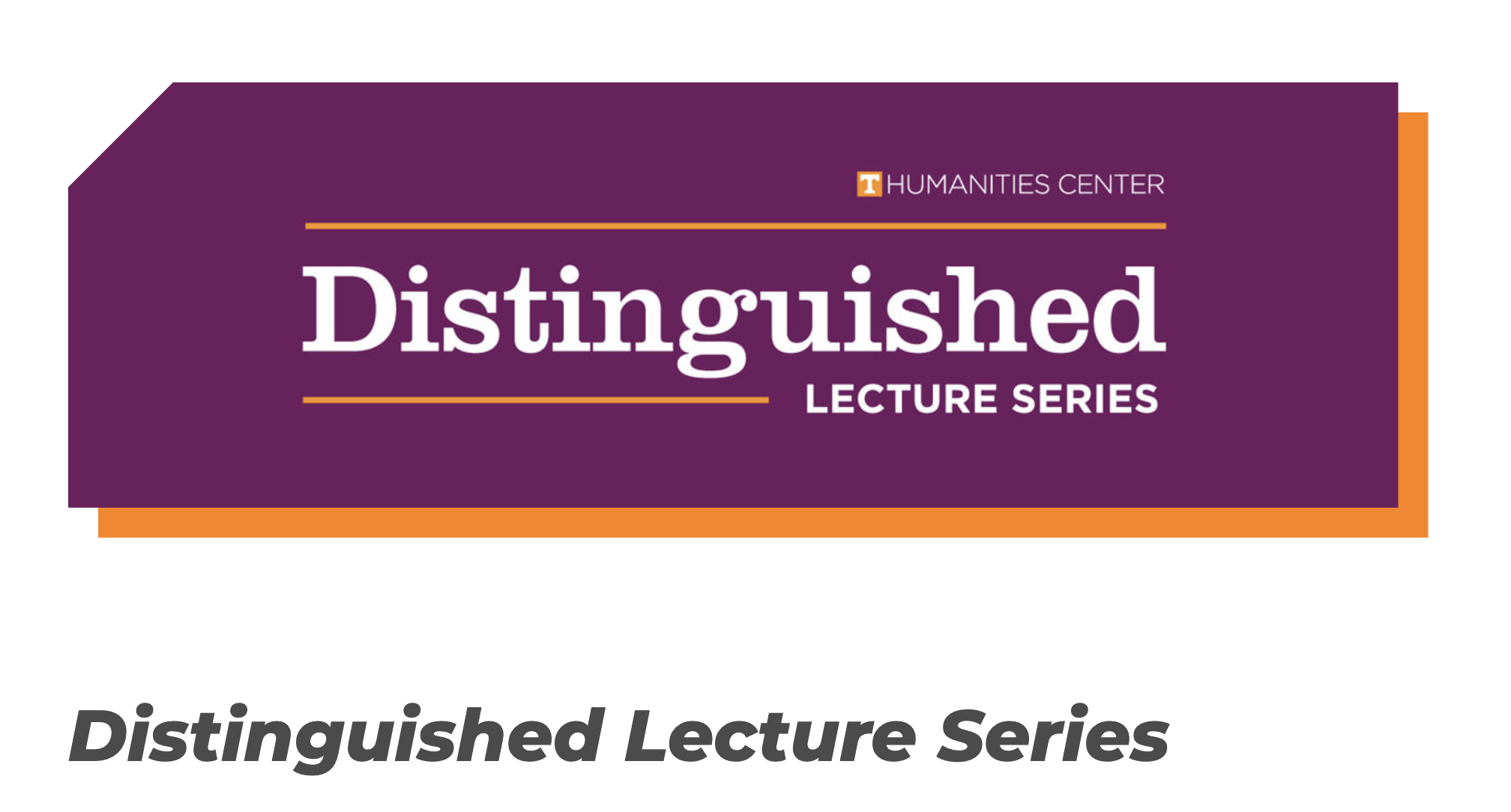
"Afrofuturism and Digital Humanities" - UT Humanities Center Distinguished Lecture
Visiting scholar Julian C. Chambliss (Michigan State University) will give a public talk titled "Afrofuturism and Digital Humanities: Some Considerations on Digital Public Record and the Black Experience" on September 25 as part of the UT Humanities Center’s “Dialogues” digital humanities mini-series within its 2023-2024 Distinguished Lecture Series.
The case for Black Digital Humanities advocates for the transformative potential offered by the intersections of black studies and digital humanities. In this talk, I will discuss the implication of Afrofuturism 2.0 ideology offered by Afrofuturist thinkers such as Drs. Lonny Brooks and Reynaldo Anderson and how we might use their Afrofuturist framing to create digital humanities methodologies that address post-Reconstruction activism by African Americans.

Association for the Study of African American Life and History
Eatonville's Hungerford School Property and the Politics of Race and Place in the 21st Century
This roundtable will explore the social, political, and legal struggle for control of the Hungerford School property from a variety of perspectives. What legal claims do Eatonville residents have to ownership of the former school property? What role can historians, working with new data-mapping and visualization technologies, play in informing public debate? What strategies can community planners employ to bring economic revitalization to historically segregated communities like Eatonville while preserving their cultural identity as Black Spaces? What are the lessons of Eatonville’s preservation campaigns, from the anti-road-widening efforts of the 1980s to the Hungerford School ”#LandBack” movement of today, for economically marginalized communities of color across the nation?
Chair: Lyman Brodie, Executive Associate Dean, College of Arts & Humanities, University of Central Florida
Discussants:
Adrienne Burke, AICP, Esq., Community Planning Collaborative, LLC
Julian C. Chambliss, Professor of English, Val Berryman Curator of History, Michigan State University
Scot French, Associate Professor of History/Director of Public History, University of Central Florida
Walter Greason, Professor and Chair of History, Macalester College
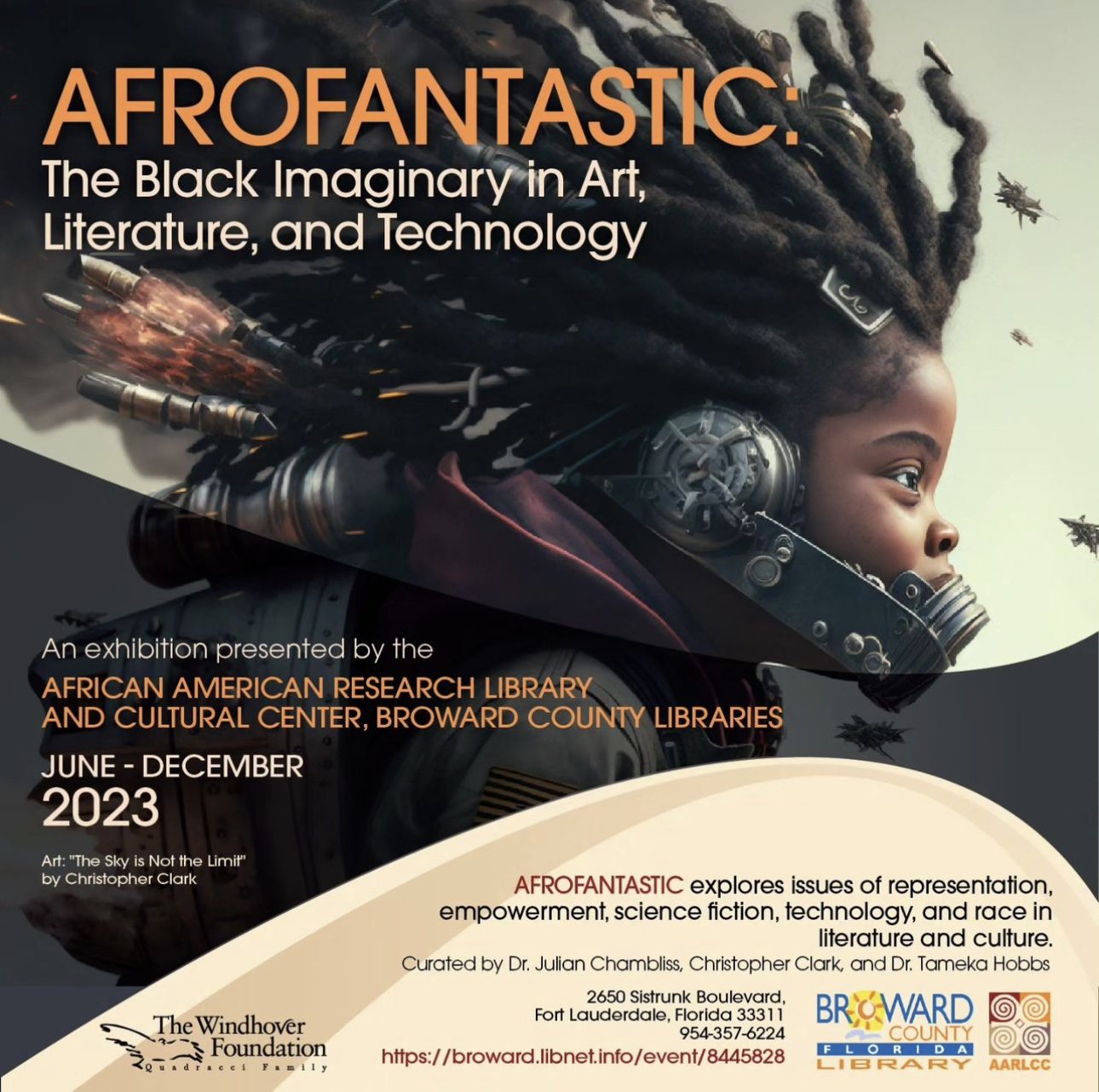
Afrofantastic: The Black Imaginary in Art, Literature, and Technology
The concept of Afrofuturism refers to an “intersection of speculative practice and liberation” because “striving toward freedom has required the Black imagination to see new paths and imagine different worlds.” Writers like Octavia Butler have used the genre of science fiction to imagine Black life at the nexus of the past, future, and fantasy. Similarly, artificial intelligence (Ai), although not a new technology, is being used by a new generation of artists to create vivid and fantastical images of Black life in the future. While many Black people are frustrated by the lack of positive representation in contemporary media, Ai technology is being used by Black people around the world to imagine new worlds, spaces, and possibilities for Black life. Employing the tools of art, literature, and technology Black creators are not only able to envision what Black people of the future may look like but are also able to recreate images of our past.
The “Afrofantastic” exhibition and its supporting programs will explore issues of representation, empowerment, science, science fiction, technology and race.
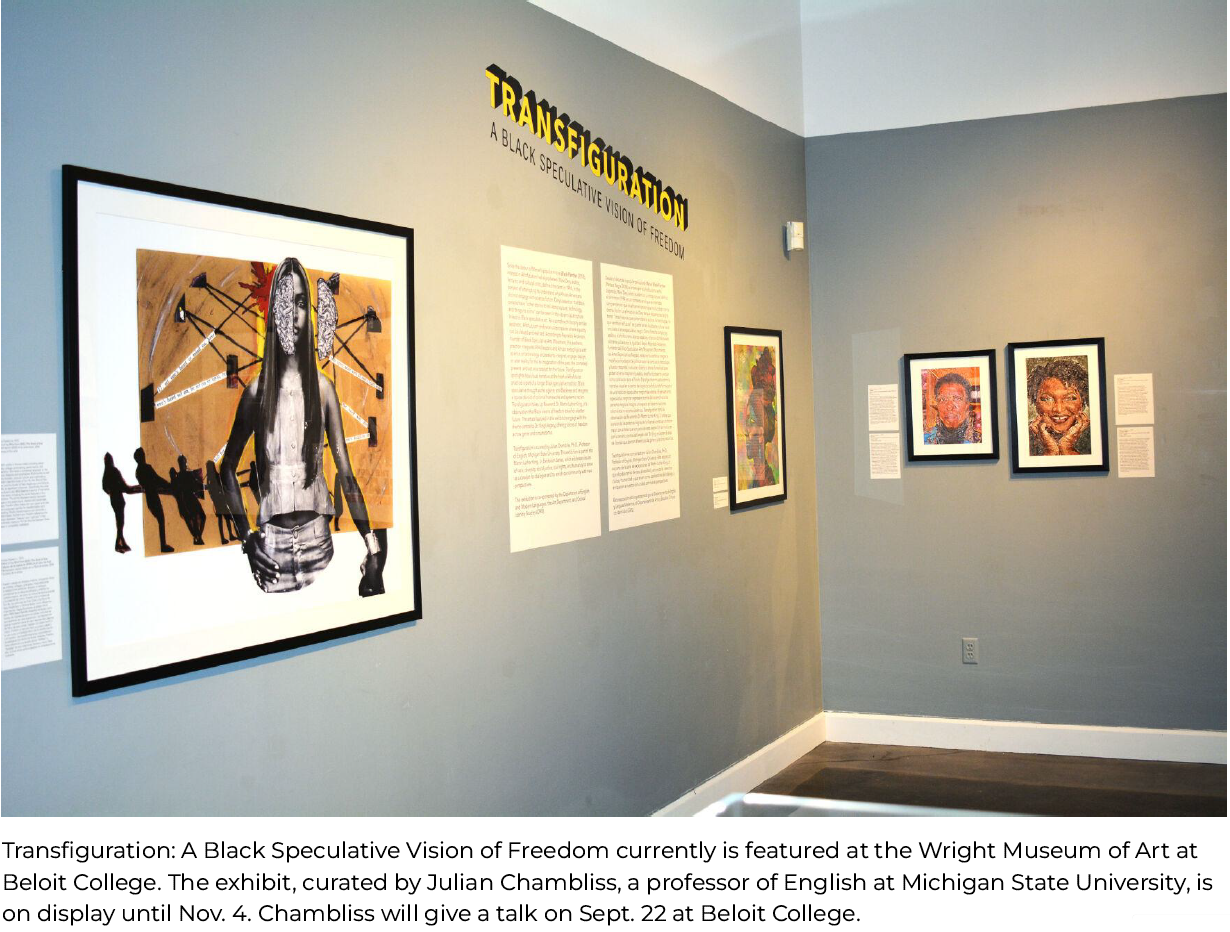
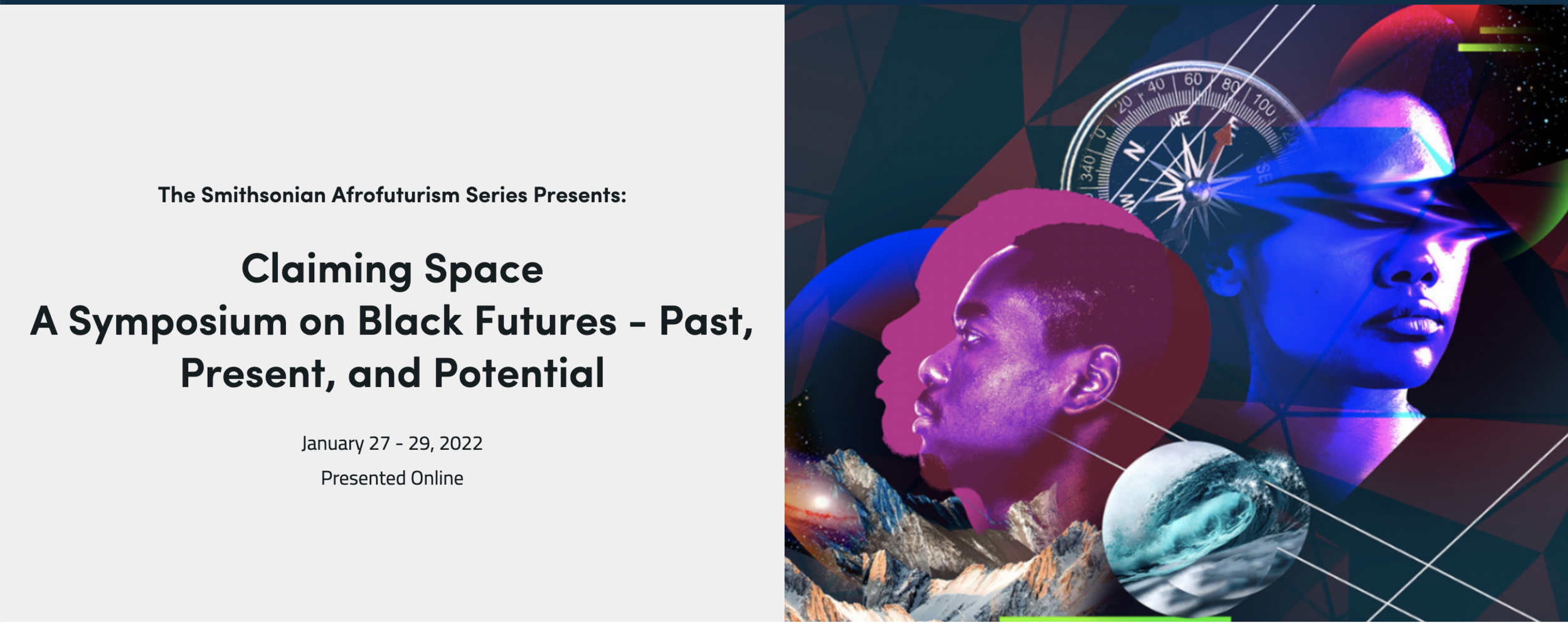
Terrestrial Space: Reclaiming Landscapes
I'm participating in the Claiming Space Symposium as part of the Terrestrial Space: Reclaiming Landscapes Panel.
Terrestrial Space: Reclaiming Landscapes - Perhaps most frequently associated with the great expanses of oceans and sky, Afrofuturist movements have also given rise to the speculative cities, reclaimed monuments, and transformed landscapes and communities that will be the focus on this panel.
Tauheedah Shukriyyah Asad, Temple University
Julian Chambliss, Michigan State University
Eto Otitigbe, Brooklyn College
Synatra Smith, Philadelphia Museum of Art / Temple University Libraries
Lisa Yaszek, Georgia Tech
Discussant: Emanuel Admassu
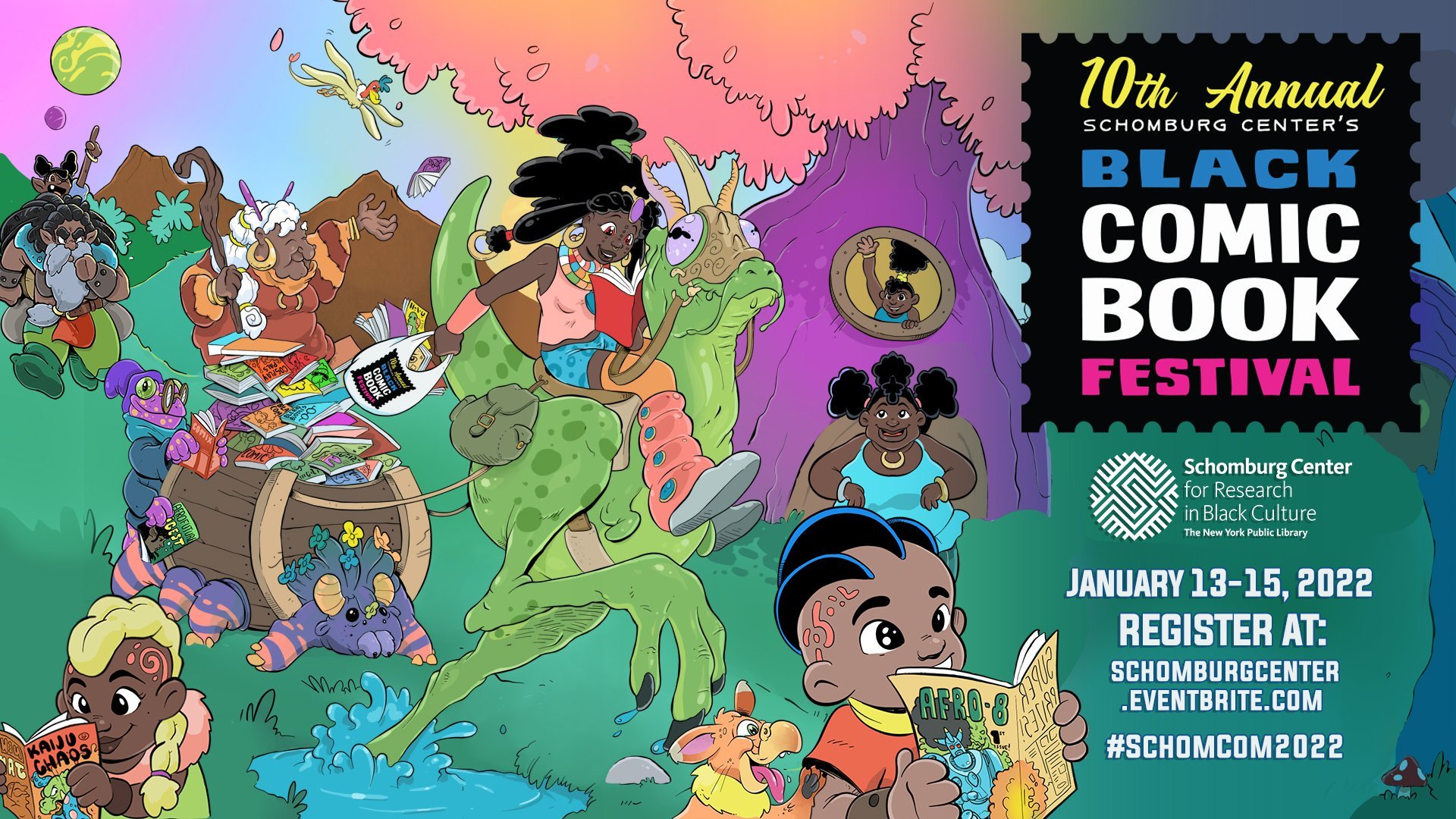
Afrofuturism: The Past, Present, and Beyond
Join me as I moderate a discussion about Afrofuturism with John Jennings (Black Comic Book Festival cofounder), Tim Fielder (Infinitum: An Afrofuturist Tale, DieselFunk Studios), Ytasha Womack (Afrofuturism: The World of Black Sci Fi & Fantasy Culture), and Reynaldo Anderson (Afrofuturism 2.0: The Rise of Astro-Blackness).
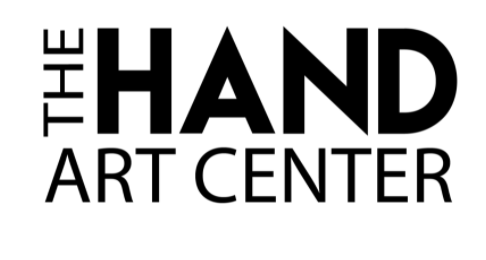
Transfigurations: A Black Speculative Vision of Freedom January 10, 2022 through February 19, 2022
Transfigurations: A Black Speculative Vision of Freedom January 10, 2022 through February 19, 2022
Curated by Julian Chambliss, Transfigurations spotlights how visual narrative at the heart of Afrofuturist practice is part of a longer Black speculative tradition. Black speculative thought, with significant roots in nineteenth-century literature, works against anti-Blackness and imagines a space devoid of colonial frameworks and systemic racism. Transfiguration takes up Reverend Dr. Martin Luther King, Jr.’s observation that Black visions of freedom strive for a better future. The artists featured in this exhibition engage with the theme central to Dr. King’s legacy, offering visions of freedom across genre and circumstance.
January through February, 2022
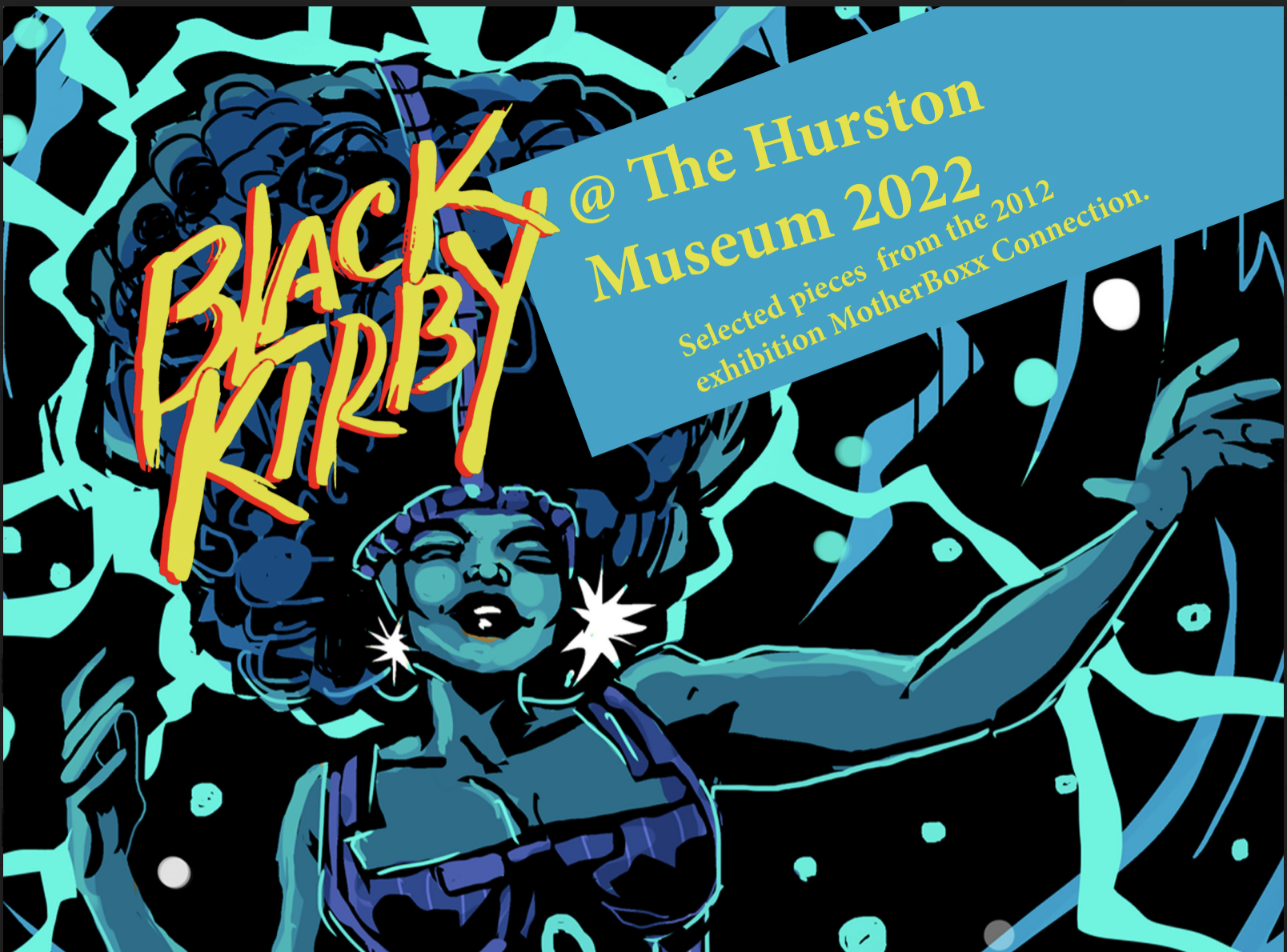
Black Kirby: An Afrofuturist Vision
In conjunction with the 2022 Zora Neale Hurston Festival, the exhibition at the Zora Neale Hurston National Museum of Fine Arts features Black Kirby (John Jennings and Stacey Robinson). Black Kirby is Afrofuturism artmaking that uses comics, science fiction, and horror themes to explore race, gender, and power questions. This show is a unique opportunity to engage with this groundbreaking work. This show will be on display throughout the year. The Hurston Museum is located in Eatonville, Florida.
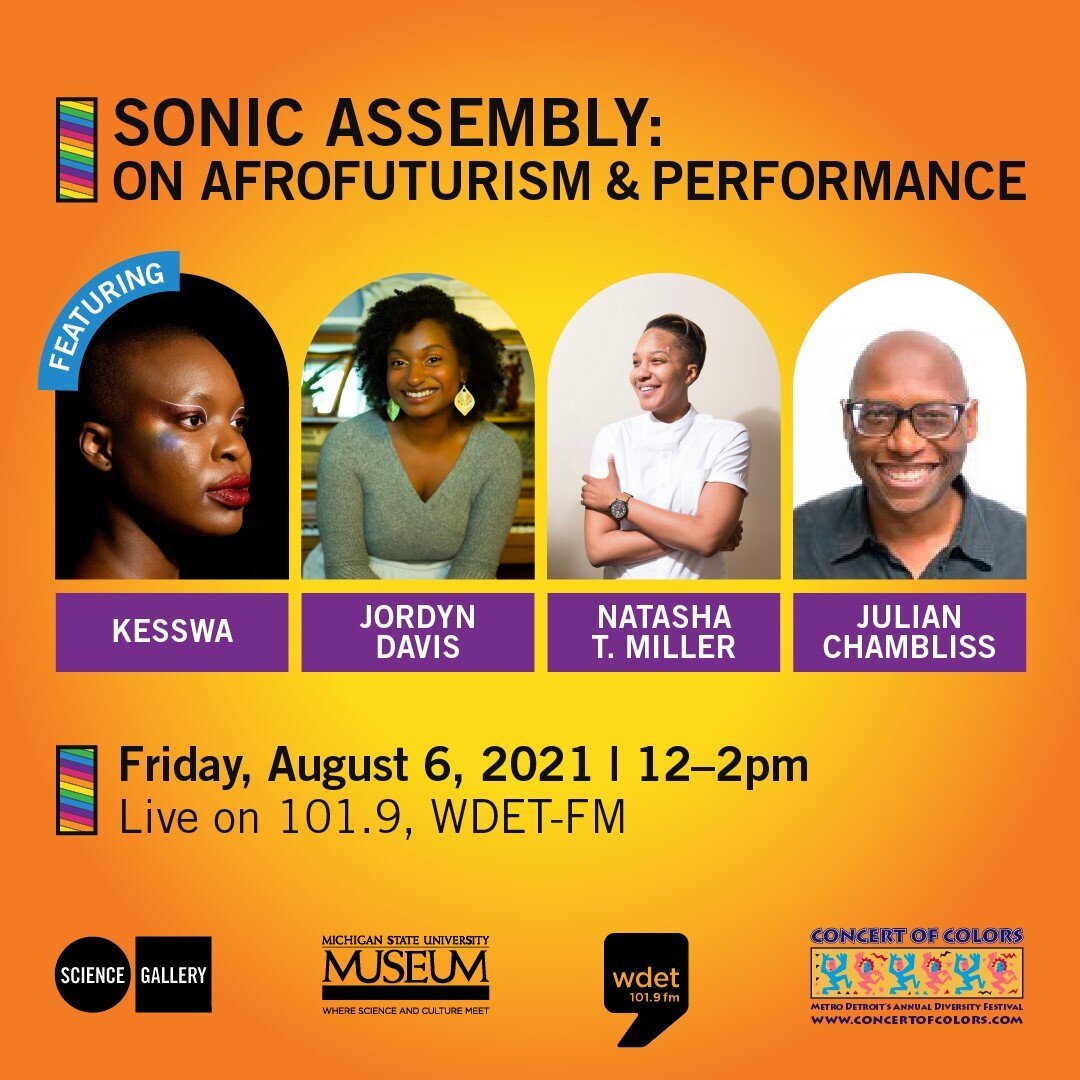
Sonic Assembly: On Afrofuturism and Performance
Science Gallery is pleased to present—in partnership with WDET-FM, Detroit’s NPR Station—a two-hour program exploring Afrofuturism in Detroit called Sonic Assembly: On Afrofuturism and Performance. Hosted by Amanda LeClaire of WDET’s CultureShift and Antajuan Scott, Science Gallery’s Head of Programming, this special broadcast will air on Friday, August 6, 2021 from 12:00 pm to 2:00 pm on WDET 101.9 FM as part of the 29th Annual Concert of Colors.
Afrofuturism is an ideology with strong roots in the city of Detroit. From musical acts like ParliamentSonic Assembly: On Afrofuturism and Performance Funkadelic to the writings of author Clarence Young, the points of access span the creative sphere. For this special event, acclaimed Michigan State University scholar Dr. Julian Chambliss, the Val Berryman Curator of History at the MSU Museum, will provide an introductory overview on Afrofuturism for the show’s audience. Afterwards, the program will continue with interviews and performances by three acclaimed, Detroit-based, performers. This includes Kesiena Wanogho (aka Kesswa), Jordyn Davis, and Natasha T. Miller.
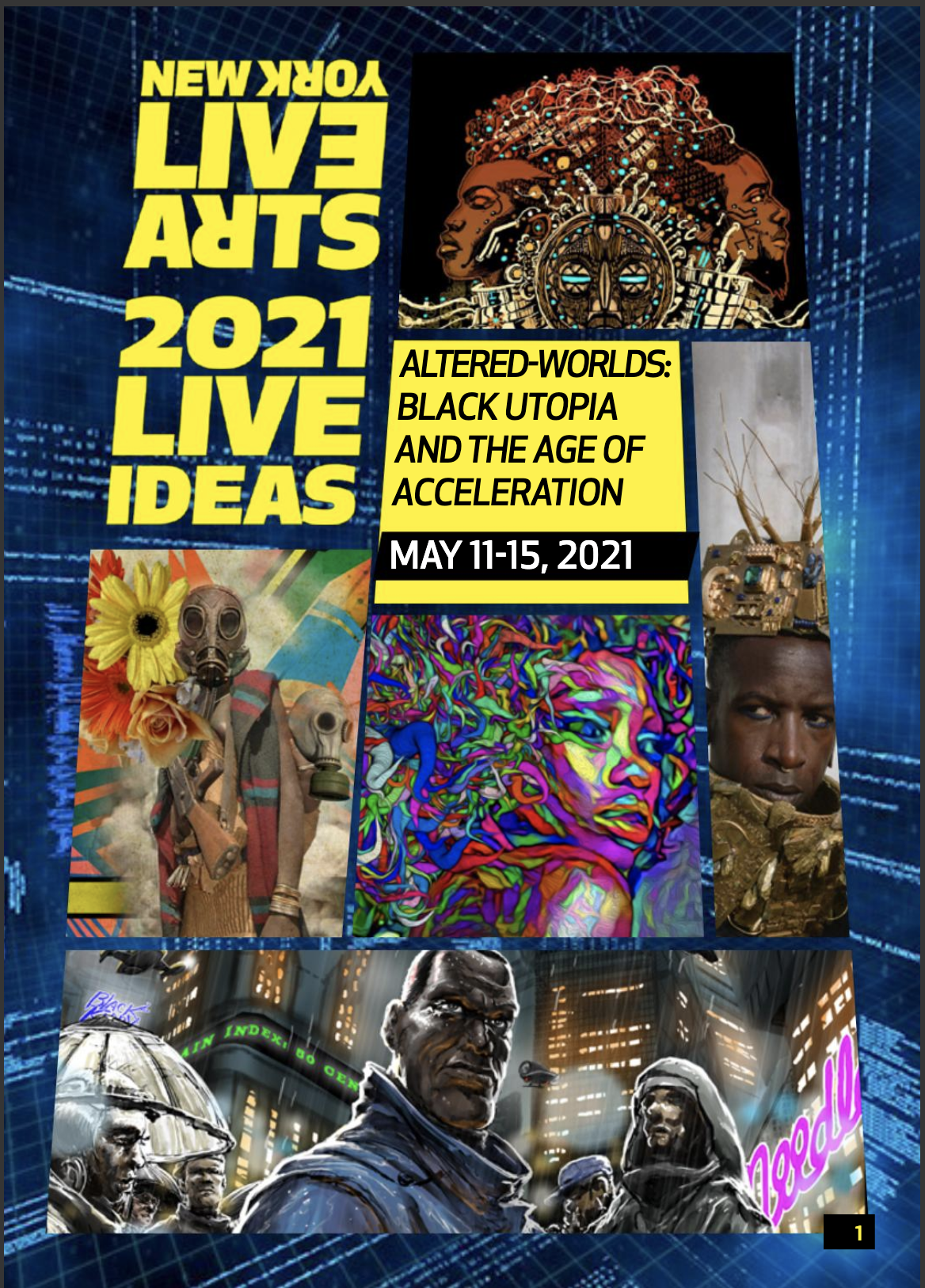
Afrofuturist Inverse
The 2021 edition of Live Ideas, Altered-Worlds: Black Utopia and The Age of Acceleration, explores this second wave of Afrofuturism as an alternative to the social anomie, reactionary impulses and neofascism of late capitalism.
From May 11-15, the interdisciplinary hybrid festival will unfold across multiple dimensions through installations, conversations, and performances at the intersection of arts, techno-culture, sci-fi, social sciences, philosophy, and the imagination.
Join me on May 13th for an Afrofuturist Conversation with Tim Fielder, Greg Anderson-Elysee, Jason Reeves, and Regine Sawyer.
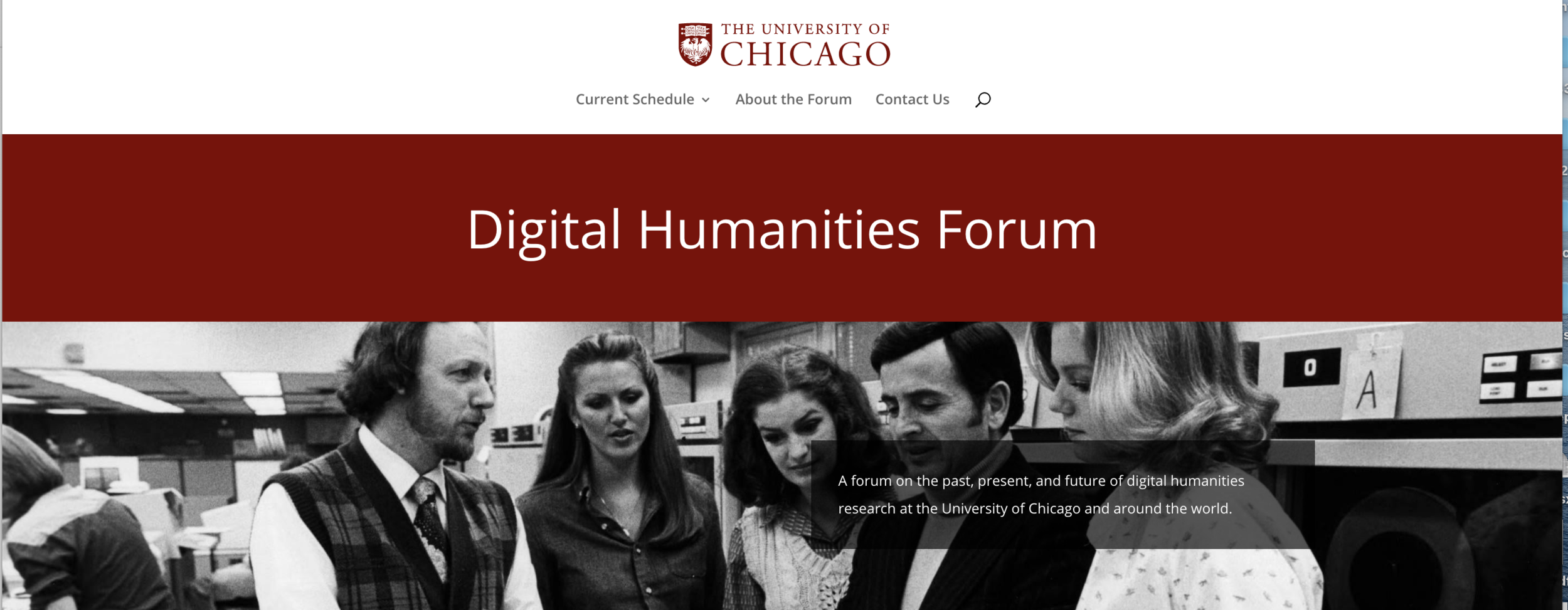
University of Chicago Digital Humanities Forum: Recovering Black Speculative Space
April 30, 12:00-2:00pm
Recovering Black Speculative Space: Digital Humanities and the Re-Construction of a Black Future Industry
Julian Chambliss, Professor of English, Department of English, Michigan State University
In her 2016 essay, “Making the Case for Black Digital Humanities,” Dr. Kim Gallon articulated a framework for how technology, employed in an “underexamined context” could further our understanding of a “racialized social construction” that shapes global society. Gallon’s call for black digital humanities has been manifested in DH projects that seek to recover, refine, and recontextualize race and culture questions. In this address, I will explore the manifestations of this Black DH ecosystem and articulate links between my own exploration of black speculative practice through real and imagined space as a manifestation of this Black DH framework.
This forum session will take place virtually. Registration will open soon. If you need any additional accommodations to participate in the Forum, please contact Carmen Caswell (caswellc@uchicago.edu).

Graphic Histories: A Discussion with Rachel Williams and Karlos Hill
Two scholar-artists will share their experience with translating historical research to a graphic form. Rachel Williams recently published two books, Run Home If You Don't Want to Be Killed: The Detroit Uprising of 1943 (University of North Carolina Press), which uses incorporating firsthand accounts collected by the NAACP, and Elegy for Mary Turner (Penguin Randomhouse), a haunting depiction of American racial violence and lynching. Hill, who directs the African and African American Studies Department at the University of Oklahoma, co-authored The Murder of Emmett Hill (Oxford University Press), which incorporates recent research with suggestions for how to effectively use the graphic history in the classroom. They'll be joined by comics scholar Julian Chambliss.
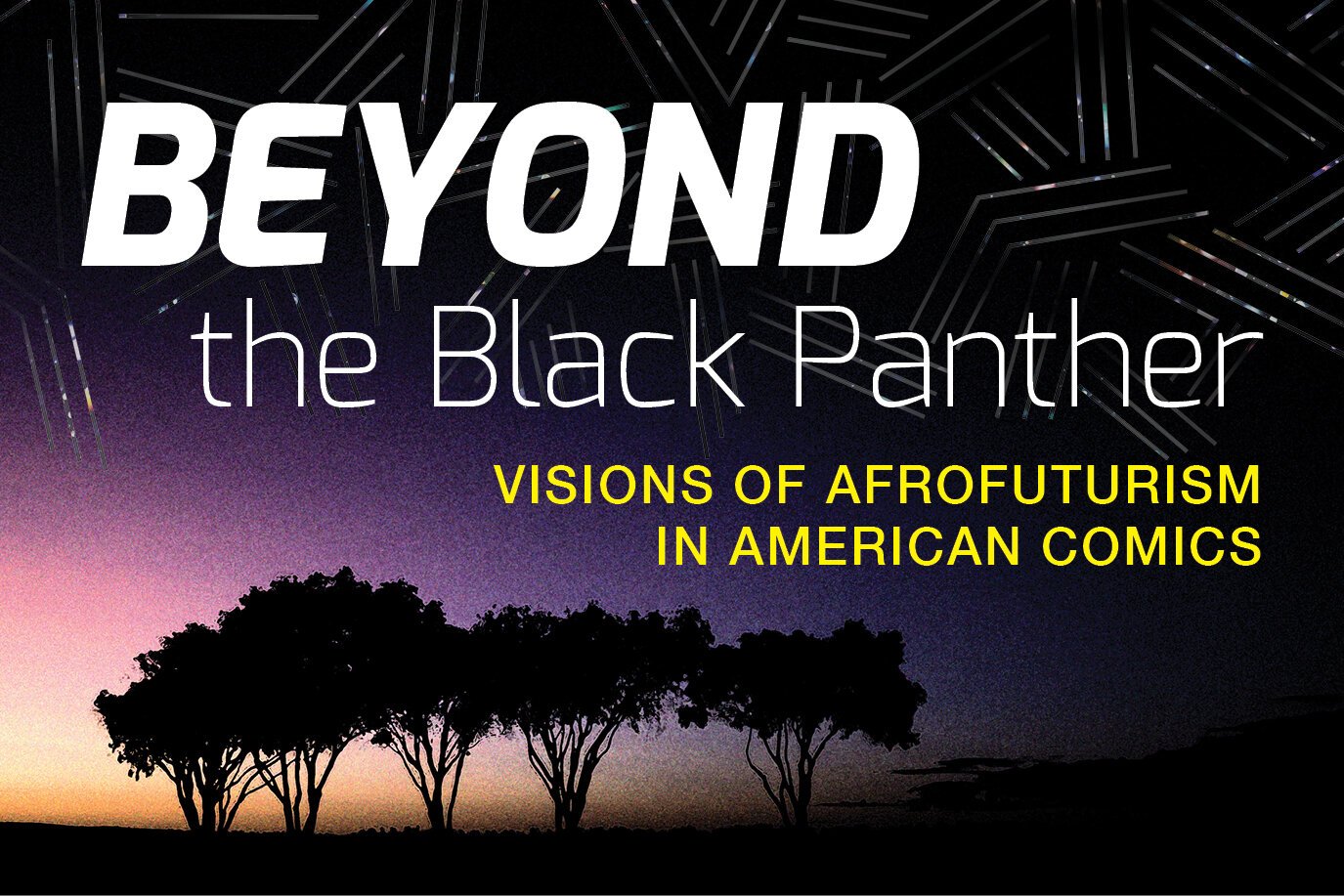
Beyond the Black Panther:Curator Brown Bag Talk
Dr. Julian Chambliss will discuss the exhibition "Beyond the Black Panther: Visions of Afrofuturism in American Comics" and answer audience questions. You can register for the event here.

Virtual Coffee with the Professor: A Question of Power and Glory: The American Psyche and Superheroes
One of the MSU Alumni Office's long-standing featured offerings, the Coffee with the Profs series, highlights research and work done by some of MSU’s finest faculty and staff. This lifelong education program is open to all.
A Question of Power and Glory: The American Psyche and Superheroes
Julian Chambliss, Val Berryman Curator of History, Michigan State University Museum, and professor, Department of English
Comics tell our story. Superheroes mirror our culture from pulp magazine origins to recent cinema triumphs. Through a uniquely American window reflecting enduring values, these characters help define the inspiration and aspiration of our society.
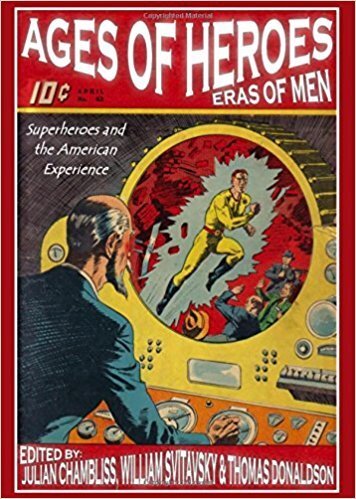
Great Lakes Lecture Series: Super Science: The Legacy of Science in Superhero Comics (Online Event)
Superhero comics (and movies) reflect a complex fascination with science and its places in U.S. culture. In this talk, we explore science's legacy in comics from its pulp roots to contemporary superhero film.
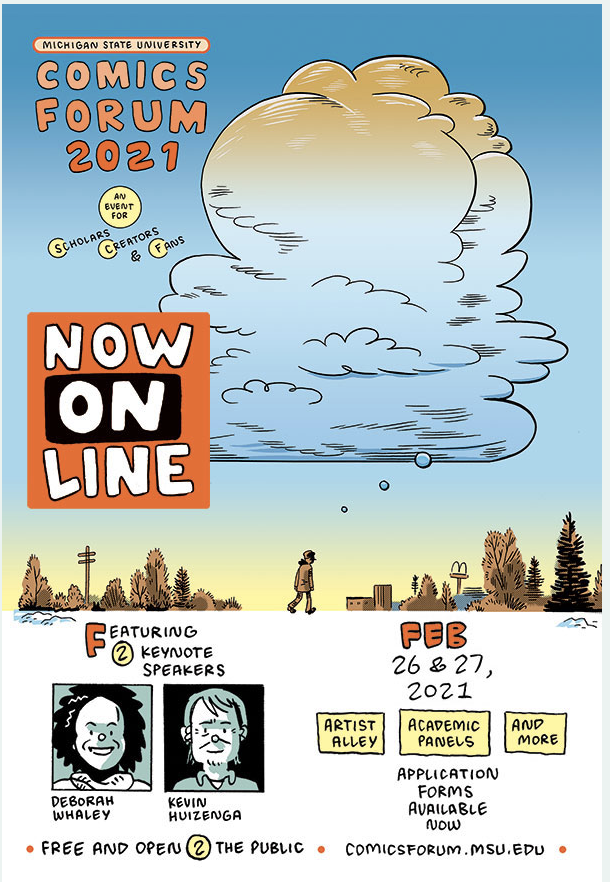
MSU Comics Forum
In light of the global pandemic and resulting health and financial strain on many of our scholars, artists, and attendees, the 2021 MSU Comics Forum will be conducted online. Scholarly panel discussions will be held via invited Zoom rooms, Artist Alley will take place in a virtual setting on our website, and our special guests will deliver their keynote addresses at their regularly scheduled times. More information is available at the MSU Comics Forum website.
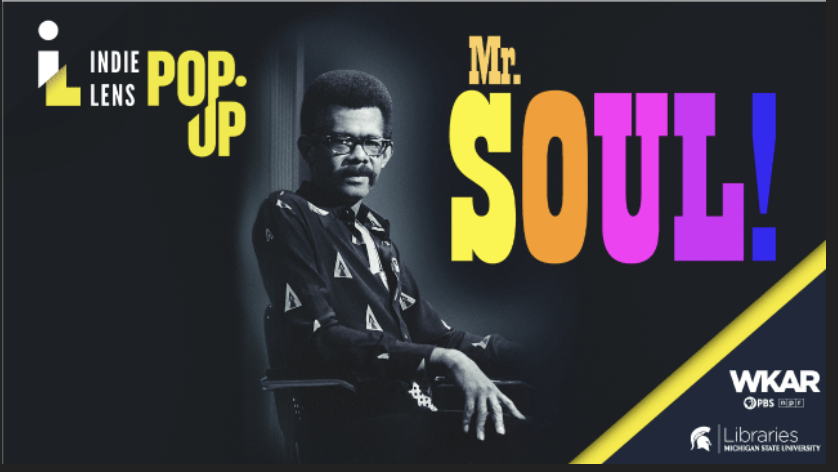
Mr. Soul: A Virtual Viewing and Discussion
Before Oprah and Arsenio, there was Mr. SOUL! From 1968 into 1973, the public television variety show SOUL! offered an unfiltered, uncompromising celebration of Black literature, poetry, music, and politics, capturing a critical moment in culture whose impact continues to resonate today. Followed by a panel of speakers. Brought to you by WKAR and MSU Library
Moderator
Jen Preslar
Panelists
Erik Ponder
PANEL MODERATOR African and US Ethnic Studies Librarian at MSU Libraries
Julian C. Chambliss
Professor of English Popular Culture, Comics and Digital Humanities
Ken Prouty
Ken Prouty, is associate professor of musicology and jazz studies at the Michigan State University College of Music.
Jeff Wray
Professor of Film Studies and Associate Chair of Undergraduate Studies, Department of English at Michigan State University
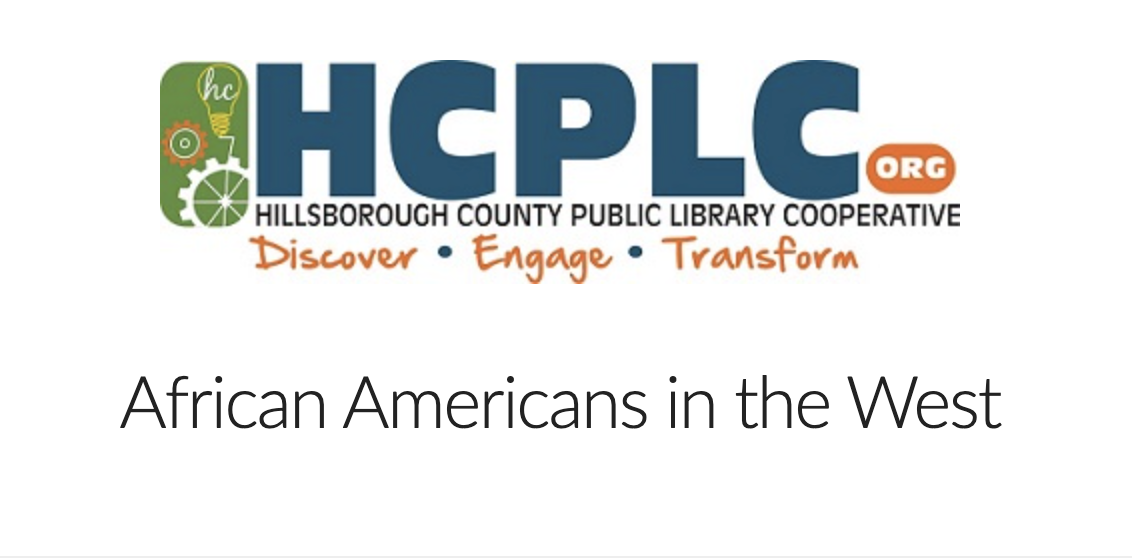
African Americans in the West (Virtual Lecture)
This session led by Dr. Julian Chambliss will explore the real and imagined narratives connected to Black Americans in the West in popular culture. Plus: live: Q&A! Recommended for adults and teens.
From farmers to Buffalo Soldiers, African American contributions to the U.S. Western narrative are often overlooked, marginalizing these contributions and deeds. This talk will show how this omission began and persists in modern culture. Dr. Chambliss is the Val Berryman Curator of History at the Michigan State University Museum, and the former Coordinator of the African American Studies Program at Rollins College.
For more information please visit the library website: https://hcplc.org
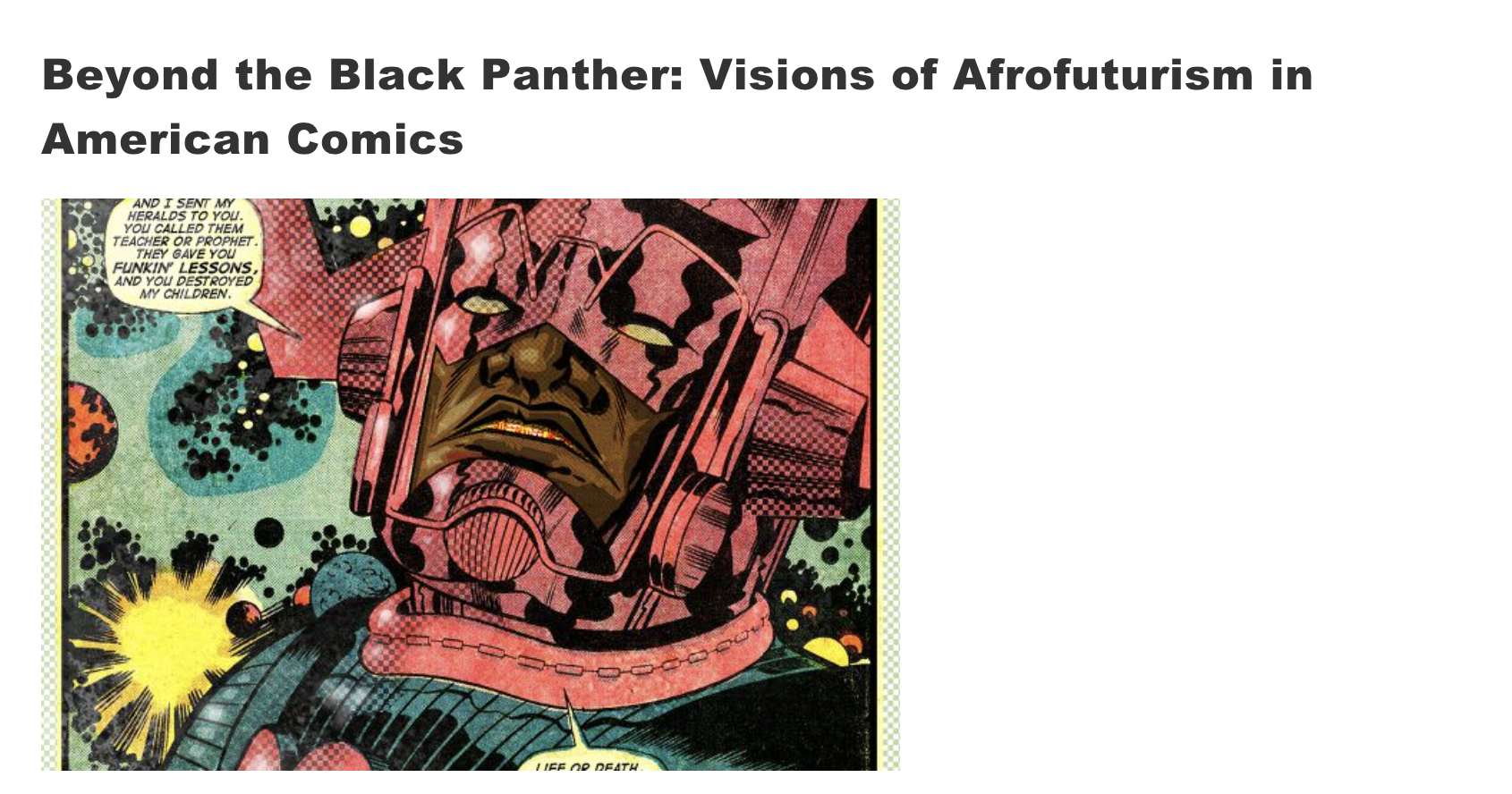
Beyond the Black Panther: Visions of Afrofuturism in American Comics
Most people are familiar with Marvel's Black Panther, and some are aware of its connections to Afrofuturism, a framework to understand how the black imagination manifests visions of freedom. This virtual exhibition will explore how themes such as aesthetics, Black feminism, and community, common to Afrofuturism, shape contemporary Black comics.

The Sound of Afrofuturism: Mapping the Sonic Imagination
In 2020 I began a thematic exploration of Afrofuturism in conjunction with the Zora Neale Hurston Festival of the Arts and Humanities. The 2020 festival asked the public to consider, "What is Afrofuturism? Following up on the question, this year’s theme recognizes the long legacy of sound in the black experience and seeks to explore "What is the Sound of Afrofuturism?"
Listen to this episode of Every Tongue Got to Confess and take advantage of the Afrofuturist playlist curated for this year’s festival.
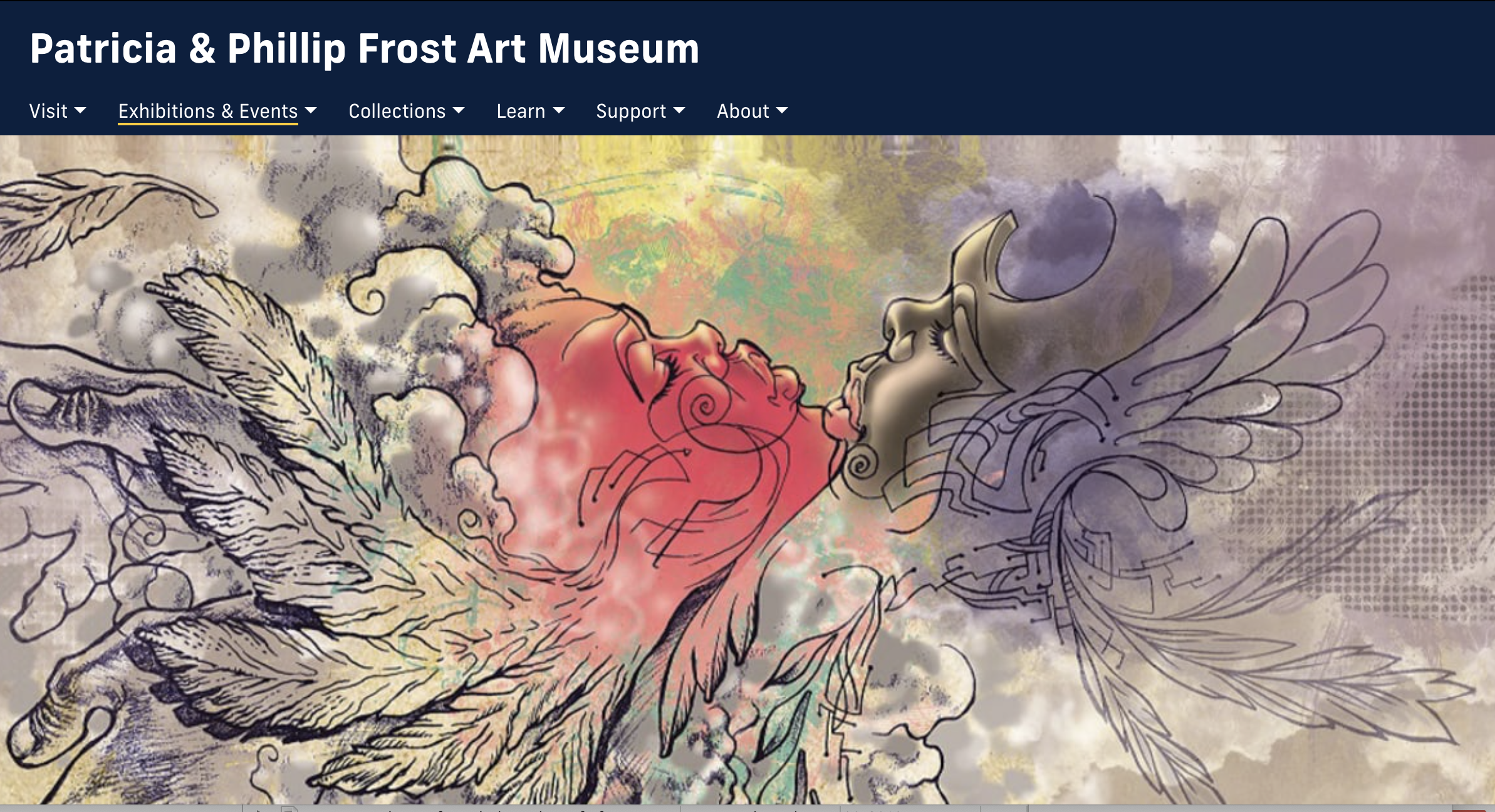
Transfiguration: A Black Speculative Vision of Freedom
Since the debut of Marvel’s Black Panther (2018), the focus on Afrofuturism in the United States has skyrocketed. This focus, however, fails to fully understand the scope, complexity, and significance of Afrofuturism. Mark Dery defined the term in 1994, in the context of attempting to understand why African Americans did not engage with science fiction. Dery’s assertion that Black people have “other stories to tell about culture, technology, and things to come” can be seen in the vibrant visual culture linked to black speculative art. As both a philosophy and an aesthetic, Afrofuturism embraces utopic spaces where equality can be valued and realized. According to Reynaldo Anderson, founder of Black Speculative Arts Movement, this aesthetic practice integrates Afrodiasporic and African metaphysics with science or technology and seeks to interpret, engage, design, or alter reality for the re-imagination of the past, the contested present, and act as a catalyst for the future. Transfiguration spotlights how visual narrative at the heart of Afrofuturist practice is part of a longer Black speculative tradition. Black speculative thought, with significant roots in nineteenth-century literature, works against anti-Blackness and imagines a space devoid of colonial frameworks and systemic racism. Transfiguration takes up Reverend Dr. Martin Luther King, Jr.’s observation that Black visions of freedom strive for a better future. The artists featured in this exhibition engage with the theme central to Dr. King’s legacy, offering visions of freedom across genre and circumstance.
Transfiguration is curated by Julian Chambliss, Ph.D., Professor of English, Michigan State University. The exhibition is part of the Martin Luther King, Jr. Exhibition Series, which addresses issues of race, diversity, social justice, civil rights, and humanity to serve as a catalyst for dialogue and to enrich our community with new perspectives.
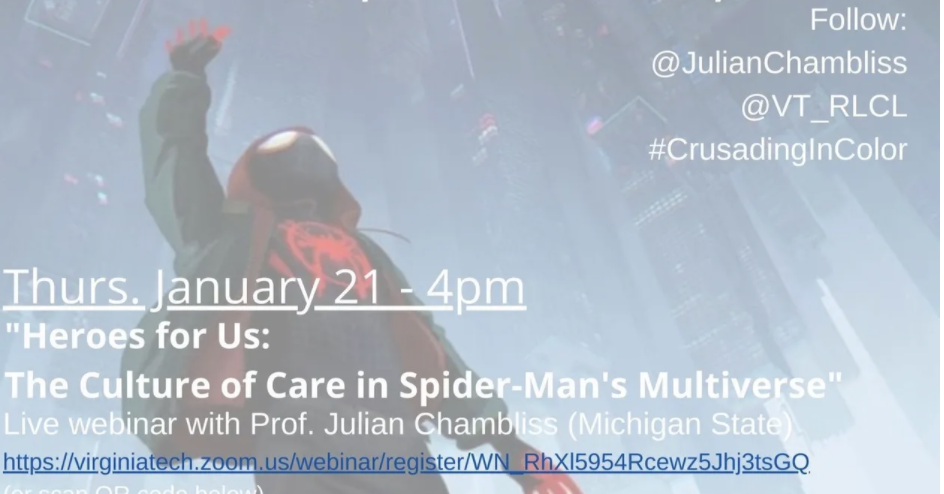
Heroes for Us: The Culture of Care in Spider-Man's Multiverse (Online Event)
The Dept. of Religion & Culture at Virginia Tech is pleased to host a discussion of the film "Spider-Man: Into the Spider-Verse" with Prof. Julian Chambliss (Michigan State University). The talk will touch on issues of race, family, and policing in the film and MCU generally.
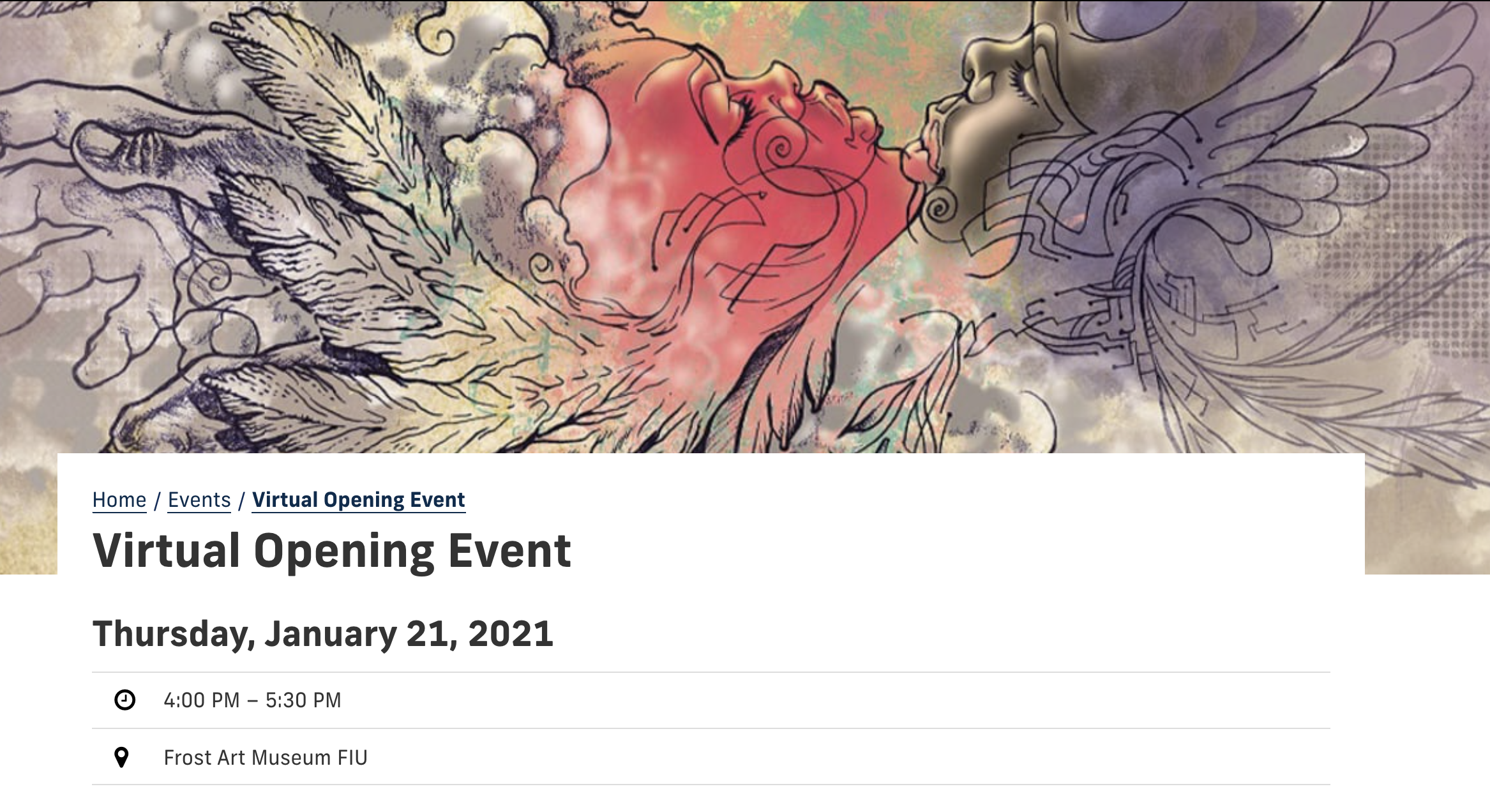
Transfiguration Virtual Opening Event
Please join us for the virtual opening of Transfiguration and enjoy a conversation with curator Julian C. Chambliss and artist Stacey Robinson, the unveiling of a work by artist Pedro Jermaine and a special live performance.
Since the debut of Marvel’s Black Panther (2018), the focus on Afrofuturism in the United States has skyrocketed. This focus, however, fails to fully understand the scope, complexity, and significance of Afrofuturism. As both a philosophy and an aesthetic, Afrofuturism embraces utopic spaces where equality can be valued and realized. Transfiguration spotlights how visual narrative at the heart of Afrofuturist practice is part of a longer Black speculative tradition. Black speculative thought works against anti-Blackness and imagines a space devoid of colonial frameworks and systemic racism.
Transfiguration takes up Reverend Dr. Martin Luther King, Jr.’s observation that Black visions of freedom strive for a better future. The artists in this exhibition engage with the theme central to Dr. King’s legacy, offering visions of freedom across genre and circumstance. Featured artists include Nettrice Gaskins, Krista Franklin, and collectives Black Kirby and Intergalactic Soul.
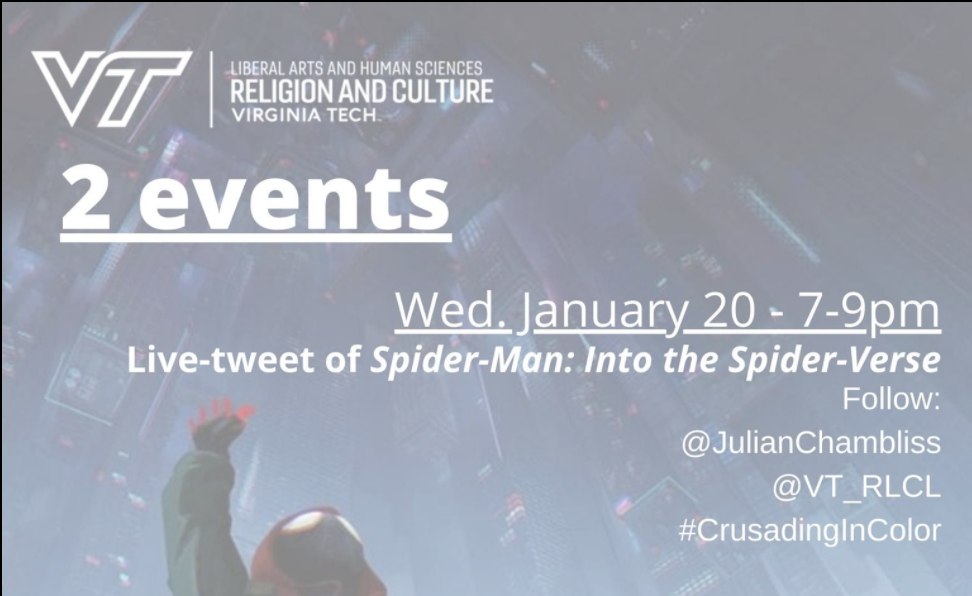
Crusading In Color (Online Event)
The Dept. of Religion & Culture is excited, as part of VT’s commemoration of Martin Luther King, Jr., to host Prof. Julian Chambliss from Michigan State, author of several books on race and the MCU/ superheroes, for a talk related to the RLCL Spring 2021 theme of “care.” He’ll be speaking about race, policing, family, and how we take care of each other in the Marvel world and our own. All are welcome but registration is required.
This event follows (Wednesday 1/20) a live-tweet of the film Spider-Man: Into the Spider-Verse itself.
Find out more about Crusading in Color here!

Martin Luther King Day Roundtable (Online Event)
What is the role of memory and monuments in our narrative of civil rights and civil society? In this roundtable discussion sponsored by Miss Porter’s School, we discuss the enduring legacy of monuments in our discourse on civil rights.
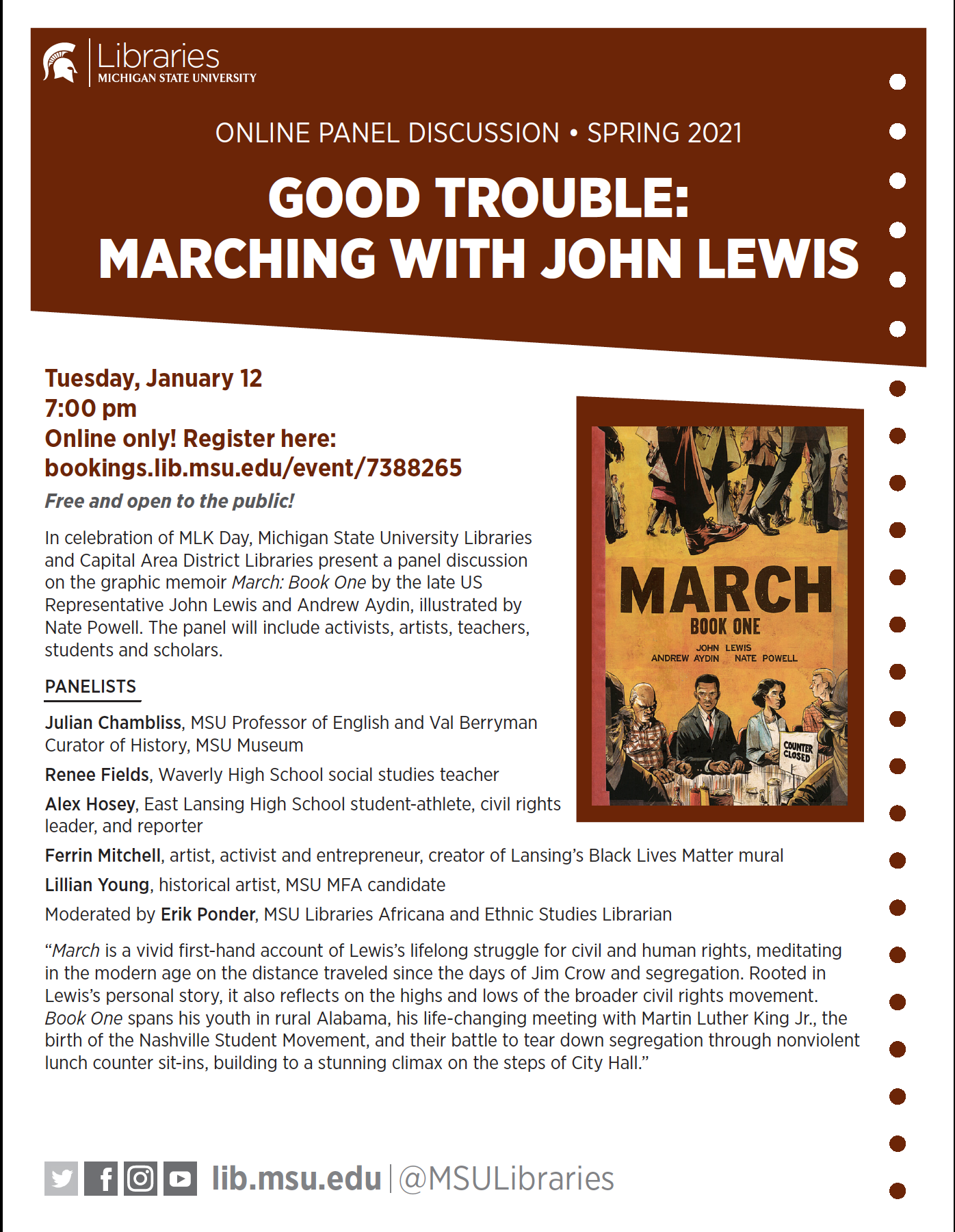
Good Trouble: Marching with John Lewis (Online)
In celebration of MLK Day, Michigan State University Libraries and Capital Area District Libraries present a panel discussion on the graphic memoir March: Book One by the late US Representative John Lewis and Andrew Aydin, illustrated by Nate Powell. The panel will include activists, artists, teachers, students, and scholars.











